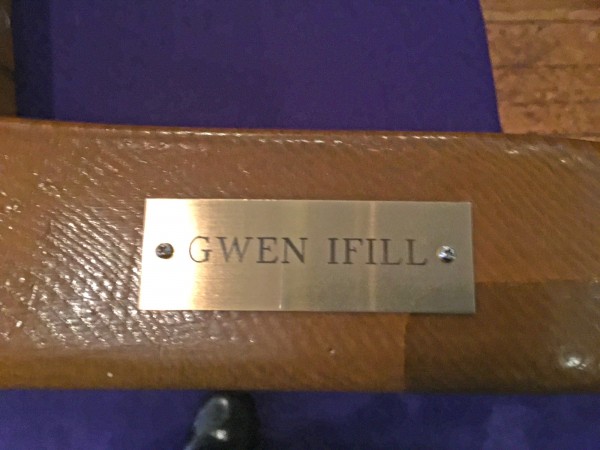October was a month marked by many college reunions. As I reflect on the 35 years since graduating from Stanford University, the usual thoughts people associate with this milestone run through my mind.
These include fond memories about friends and events, marvels about how much time has passed since "just yesterday," sorrow about some good people who have — figuratively and literally — lost their lives, an overwhelming desire to brag about the accomplishments of our children and the breathtaking beauty and intelligence of our grandchildren, and so on. However, all of these thoughts fail to paint the entire picture.
Each year, local newspapers across the country publish lists of the 10 worst street intersections in their respective cities. A detailed summary of the carnage at each of the intersections instills fear and often leads to action by embarrassed officials who are unable to satisfactorily answer the inevitable questions about why we allow hazardous conditions to remain.
Unfortunately, in the 35 years since my class graduated, the worst intersection in the United States has not changed. Far too few people, especially political leaders, seem either embarrassed or deeply troubled by this circumstance.
Even fewer are doing anything about it. The intersection between the avenue of racial injustice and the street of poverty continues to wreak carnage across our nation.
I use "racial injustice" as a collective term for racism (institutional and personal), prejudice and discrimination. As with our cities' worst traffic intersections, many of the victims — a term I do not use lightly — are children.
To be sure, we have made progress in the past 35 years in the battle against racial injustice in our country. We should not hesitate to acknowledge these accomplishments. The promise of our country's example as a multiethnic, multicultural, economically prosperous and democratic society remains one of too few working examples. However, we will never fully realize that promise if we do not fix our worst intersection.
The tragic intersection of racial injustice and poverty all but disappeared from our national discourse in recent years. It literally took a hurricane to propel this subject to the front page, although the coverage of the topic seems to be receding even faster than the flood waters themselves.
Human Rights, an official publication of the American Bar Association, reports that in 2002, the median net worth of White Americans was approximately 14 times greater than African Americans and 11 times greater than Latinos, who had a zero or negative net worth.
USA Today columnist DeWayne Wickham noted recently that millions more White Americans than African Americans are arrested every year. He then asks and answers: "Why does the Black inmate population in jails and prisons exceed that of Whites when so many more Whites are arrested? I don't think it is a leap of faith to conclude that the scales of justice are out of balance."
The Rev. Martin Luther King Jr. reminded us on several occasions that the tragedy of the struggle for civil rights in this country was not the rabid bigotry of the Bull Connors but the silence and inaction of good people. What should we do? Let's start with actually doing something at a very basic and personal level. Wherever you are starting from, do one thing more than whatever you have done before.
Need a place to start? Start with economics. I know that it is far too simplistic to observe that wealth is a cure for poverty, although most poor people I have met would be willing to give it a try. Increasing the number of prosperous minority-owned businesses will undoubtedly improve the situation.
Education, too, is critical. Every commentator on the subject of improving the condition of minorities in our country links a good education to economic advancement. We also have one program in this country that politicians overwhelmingly support every time they run for office. That program is Head Start, which has a proven track record of helping children — particularly poor children of color — prepare for the education process. Yet, we have failed to fund Head Start anywhere close to what is required to allow all eligible children to attend. Currently, 41.9 percent of eligible 3- and 4-year-old children are served by Head Start. Tragically, that percentage has decreased significantly since the year 2000.
The politicians need to put our money where their mouths have been. The 2006 budget increase needed to fully fund Head Start for 3- and 4-year olds would be $8.5 billion over its 2005 funding. In absolute dollars, that is a significant amount of money. In percentage terms, it is a rounding error in a national budget approaching $2.5 trillion.
Not fully funding this program is an unconscionable national failure to alleviate the carnage taking place in our nation's worst intersection.
Owen Blank is an attorney based in Portland.






















































































































































































































































































































